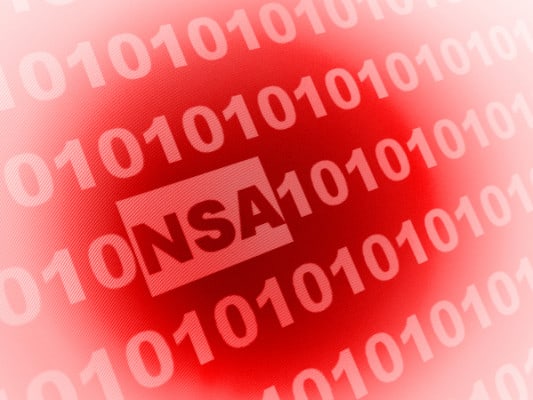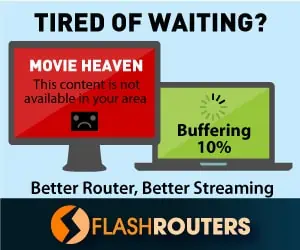U.S. Court Rules NSA Mass MetaData Collection Illegal
The United States Court of Appeals ruled Thursday that under section 215 of the Patriot Act, nowhere does it authorize the bulk collection of phone records by the National Security Agency (NSA), labeling the program as illegal.
The NSA Phone surveillance program, initially disclosed by NSA whistleblower Edward Snowden, exposed the agency was systematically collecting billions of communications from millions of Americans every single day. Thursday, New York federal appeals court ruled the system illegal, ordering lawmakers to end the program or devise a new plan.
Revelations leaked June of 2013, where ex-NSA contractor leaked amass of information containing classified documents, surveillance tools, confidential programs and technological advances occurring throughout the NSA. Among the long list was documentation of a program that allowed the agency to collect bulk information regarding phone numbers, numbers called and the duration of the call. However, no content regarding the conversation was recorded.
The amass of metadata collection went far beyond the barriers of the U.S., extending out to European firms and even targeted high-profile German personnel. Leaked documents expose the NSA overstepping their boundaries into countries and even targeted phone communications of specific individuals.
The second U.S. Circuit Court of Appeals decision was a direct result of an appeal by several civil liberty groups including the ACLU and EFF. The 97-page court ruling has all three judges declaring the NSA’s bulk collection of metadata on Americans illegal.
“The district court held that § 215 of the PATRIOT Act impliedly precludes judicial review; that plaintiffs‐ appellants’ statutory claims regarding the scope of § 215 would in any event fail on the merits; and that § 215 does not violate the Fourth or First Amendments to the United States Constitution. We disagree in part, and hold that § 215 and the statutory scheme to which it relates do not preclude judicial review, and that the bulk telephone metadata program is not authorized by § 215,” the decision handed down Thursday read.
Back in 2013 when the ACLU had initially filed a suit against the agency, the New York District Judge William Pauley dismissed the ACLU’s lawsuit, stating the NSA bulk data collection was a government “counter-punch” to terrorism.
Recent court rulings went to great lengths to dismantle the Justice Department’s argument in support of Section 215 in the Patriot Act. Section 215 legally authorizes law enforcement agencies to collect “any tangible things” that the government deems is linked to an ongoing investigation or suspected terrorism.
Section 215 of the Patriot Act “cannot bear the weight the government asks us to assign to it, and that it does not authorize the telephone metadata program,” Judge Gerard E. Lynch, one of the trio of judges said. “Such expansive development of government repositories of formerly private records would be an unprecedented contraction of the privacy expectations of all Americans.”






